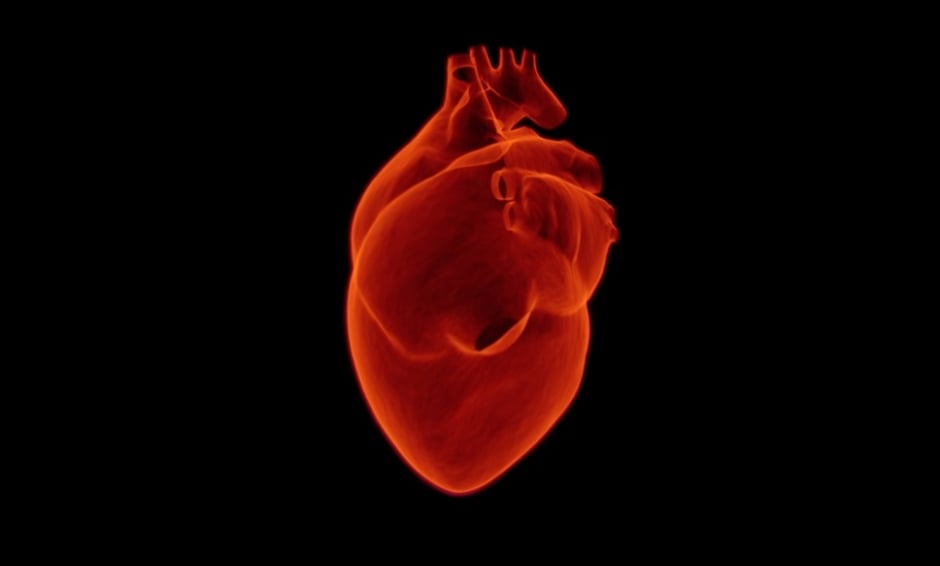A CUTTING-EDGE technique for the treatment of heart failure was revealed to have encouraging results in humans following a recent Phase I trial. The current state of available heart failure treatments is far from ideal; in the USA during 2009 1 in 9 deaths was as a result of heart failure and furthermore, approximately 50% of those who develop heart failure die within 5 years of the diagnosis being made. Therefore, any new treatment mechanisms are of great value.
The authors of this study focussed on a technique that utilised muscle stem cells to repair damaged hearts. This procedure was based on the paracrine effect of stem cells: the implanted stem cell tissue secretes factors that induce different behaviour in the existing tissue. Previous research using a rat model had highlighted possible benefits; in this study, the authors examined the procedure in humans. Research was carried out in 27 patients with limited exercise capacity who had not responded to other methods of treatment. Of these 27 patients, 12 had dilated cardiomyopathy and the other 15 had ischaemic cardiomyopathy.
Cells were taken from the patients’ own thigh muscles and used to make patches, which were then surgically glued to the surface of the heart’s left ventricle. It was found that, as hoped, the implanted tissue induced improved performance in the existing tissue. At 1-year post-procedure, the patients displayed measurable improvements in their heart function and exercise capacity; furthermore, there were no significant complications experienced.
Summing up the results of this trial, the authors commented: “This Phase I study found cell-sheet transplantation as a sole therapy to be a feasible treatment for cardiomyopathy. The promising results in the safety and functional recovery seen in this study warrant further clinical follow-up and larger studies to confirm the therapeutic efficacy of autologous skeletal stem-cell sheets for severe congestive heart failure.” Additionally, the authors noted that the therapeutic effects were modest. In the future, larger trials are needed to further investigate the impact of this treatment method but results are initially promising.
(Image: freeimages.com)








